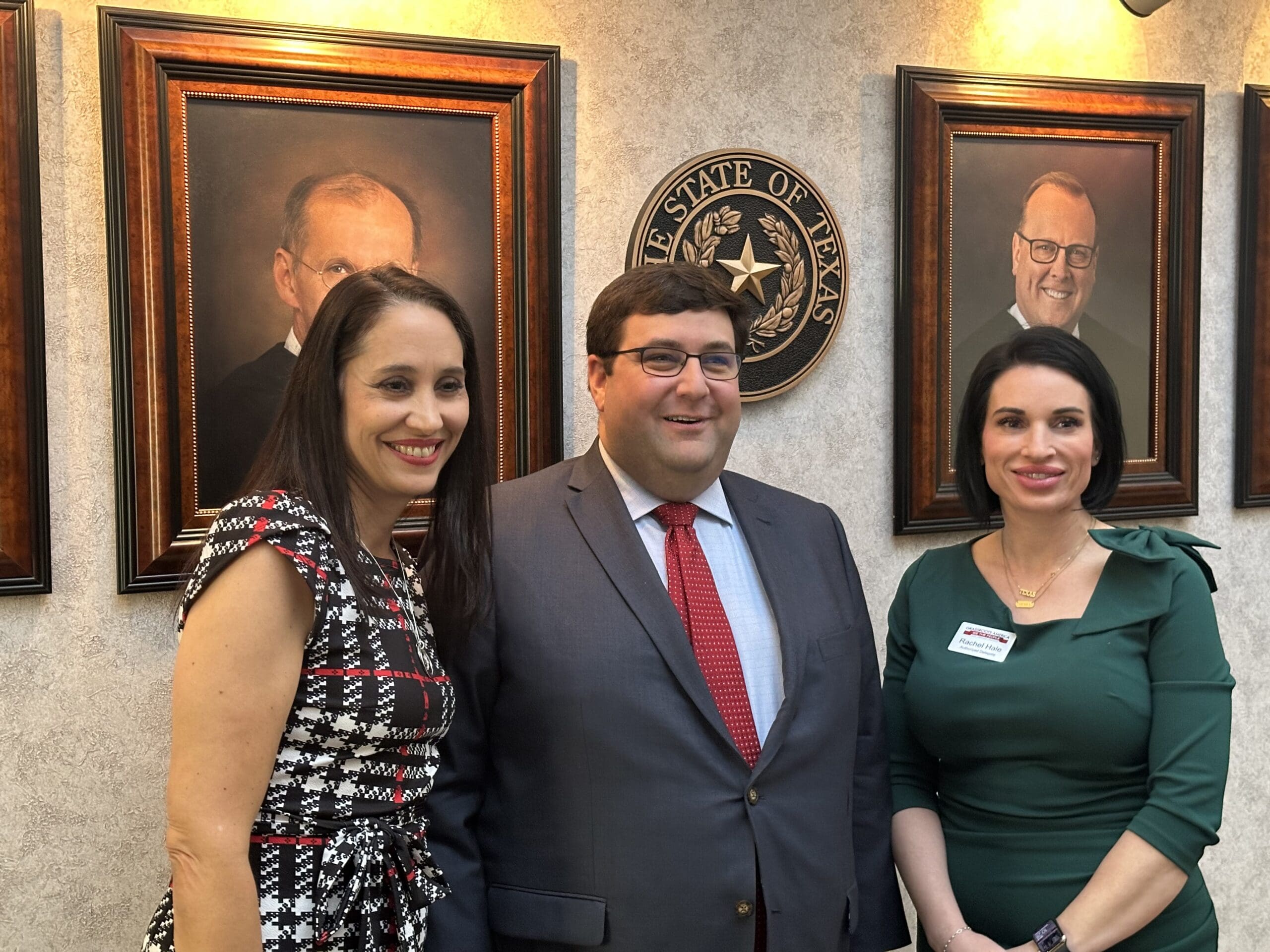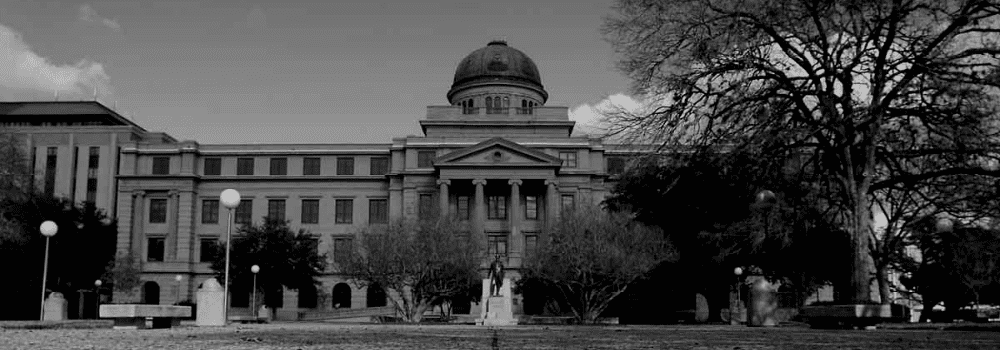Austin ISD approved a new $724 million budget for the upcoming school year that includes a 3% salary increase for all district employees. But in order to make those raises permanent, it will require hiking property taxes to pay for it — which several board members will be pushing in August.
 Last night, the Austin ISD school board approved a plan to spend three-quarters of a billion dollars for the next school year including $14.2 million from the district’s reserve funds to give all district employees a one-time 3% salary increase. If school board members get their way, however, those salary increases will extend to the year 2015 – which will require a property tax hike to fund it.
Last night, the Austin ISD school board approved a plan to spend three-quarters of a billion dollars for the next school year including $14.2 million from the district’s reserve funds to give all district employees a one-time 3% salary increase. If school board members get their way, however, those salary increases will extend to the year 2015 – which will require a property tax hike to fund it.
Perhaps taxpayers are supposed to forget that AISD fired 800 teachers last year in their attempt to close a $94 million budget gap. That of course didn’t get in the way of their plans to build a brand-new Performing Arts Center.
How is it that a district (supposedly) so strapped for cash last year that they felt the need to sue the state for more money, now has the flexibility to give pay raises to all employees – of which administrators are sure to get more than their fair share?
Perhaps their $100,000/year Public Relations executive (hired while teachers were being fired last year) can explain the district’s position.
Most teachers in AISD may certainly deserve more than they’re paid, and to simply lump them in with administrators and other non-teaching positions with an across the board pay raise based on percentage is a slap in the face of good teachers. They are the employees who are actually educating children, yet are set to receive less in aggregate raises than their bureaucratic counterparts.
AISD Superintendent Meria Carstarphen (who makes more than $283,000/year) and the others in AISD’s central office should not receive a salary increase of any kind until they can manage to impove the teacher to non-teacher ratio within the district, reduce the district’s ever-growing bond debt, and put more than 45% of their total expenditures into the classroom.
The last time AISD sought a tax increase for a similar purpose in 2010, it had over $1.1 billion in outstanding bond debt and interest. That’s more than the total expenditures for the entire district in 2009-10!
Fiscal responsibility may seem like a foreign concept to the big-spending educrats in Austin ISD, but taxpayers can give them a refresher course by rejecting a tax increase in 2012.




